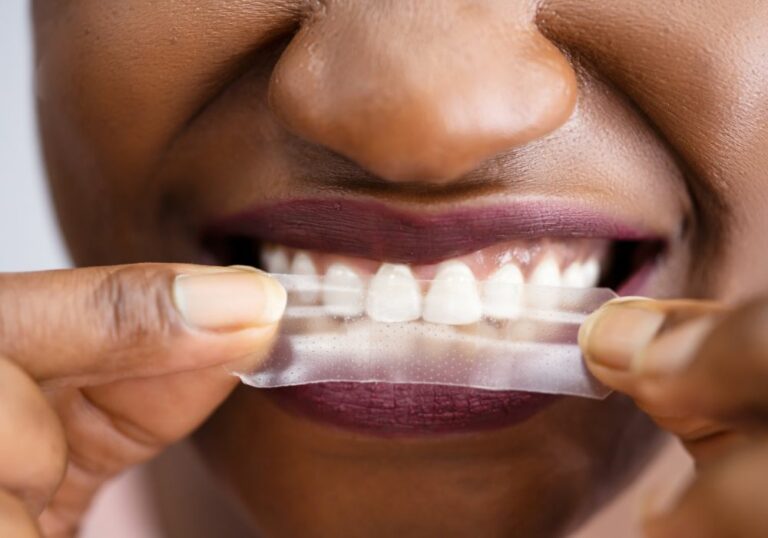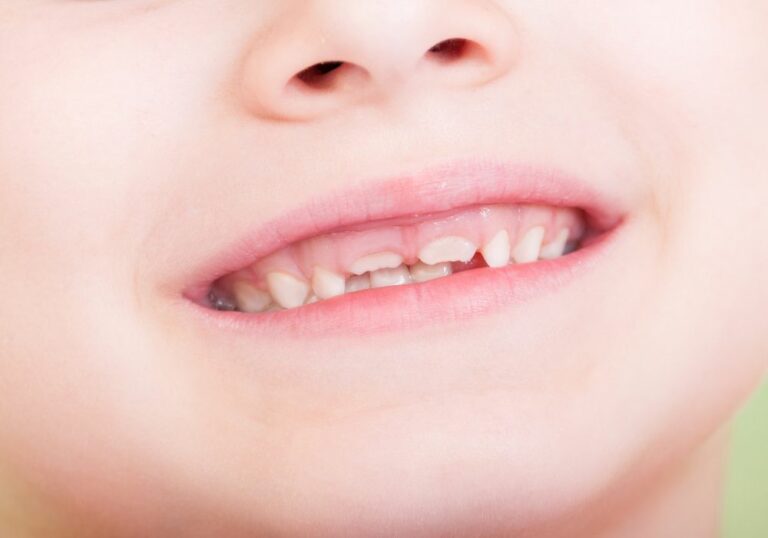Are you someone who brushes their teeth every 5 hours? Perhaps you’re wondering if this is a healthy habit or if it’s doing more harm than good. Brushing your teeth regularly is important for maintaining good oral hygiene and preventing dental problems such as cavities and gum disease. However, the question remains: can you brush your teeth every 5 hours?
According to dental experts, brushing your teeth every 5 hours may not be necessary or even beneficial for your oral health. The American Dental Association recommends brushing your teeth twice a day for at least two minutes each time. Brushing too frequently can actually damage your tooth enamel and irritate your gums, leading to sensitivity and other dental problems. Additionally, brushing too often can cause your mouth to become dry, which can increase your risk of tooth decay and other oral health issues.
While it’s important to maintain good oral hygiene, it’s equally important to do so in a way that is safe and effective. So, if you’re wondering whether you can brush your teeth every 5 hours, it’s best to follow the recommendations of dental experts and brush your teeth twice a day for optimal oral health.
Understanding Tooth Brushing Frequency
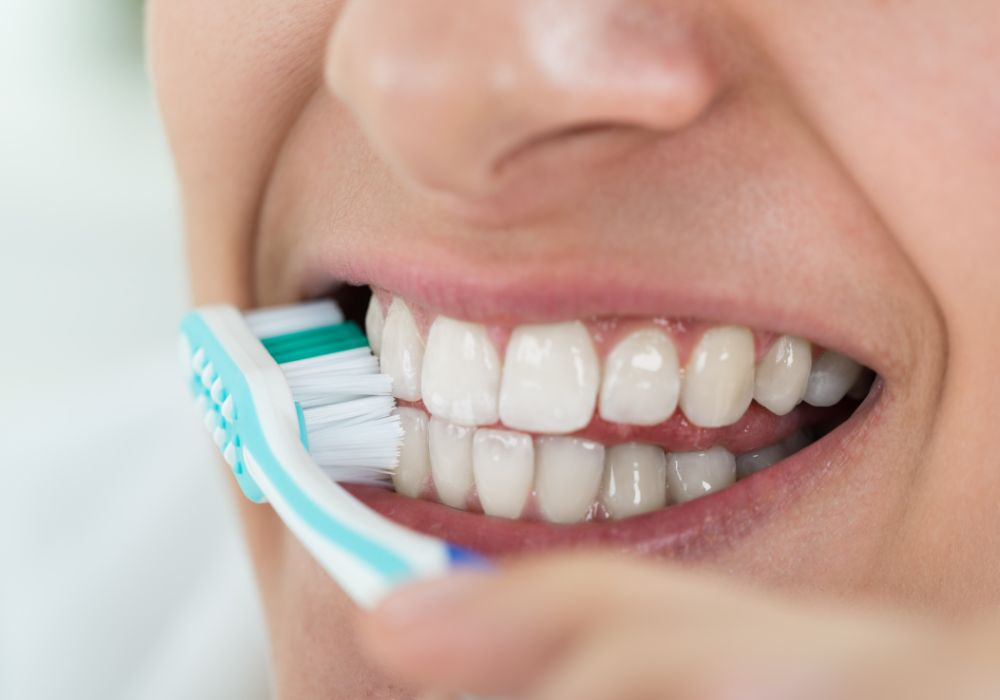
When it comes to brushing your teeth, you may wonder how often you should do it. Brushing your teeth is an essential part of maintaining good oral health, but it is important to strike a balance between brushing enough and over-brushing. In this section, we will discuss the benefits and potential risks of brushing your teeth every 5 hours.
Why Brushing Every 5 Hours Could Be Beneficial
Brushing your teeth every 5 hours could be beneficial for several reasons. First, it helps to remove food particles and plaque that can build up on your teeth throughout the day. This can help to prevent cavities and gum disease.
Second, brushing your teeth frequently can help to freshen your breath. When you brush your teeth, you remove bacteria that can cause bad breath. By brushing your teeth every 5 hours, you can keep your breath smelling fresh all day long.
Potential Risks of Frequent Brushing
While brushing your teeth every 5 hours can be beneficial, there are also potential risks to consider. Brushing too frequently can lead to enamel erosion and gum damage. This is because brushing too often can wear down the protective enamel on your teeth and irritate your gums.
Additionally, brushing your teeth too often can also lead to tooth sensitivity. This is because brushing too frequently can wear down the enamel on your teeth, exposing the sensitive dentin underneath.
In conclusion, brushing your teeth every 5 hours can be beneficial for maintaining good oral health and fresh breath. However, it is important to strike a balance between brushing enough and over-brushing to avoid potential risks such as enamel erosion, gum damage, and tooth sensitivity.
Dental Health and Hygiene Practices
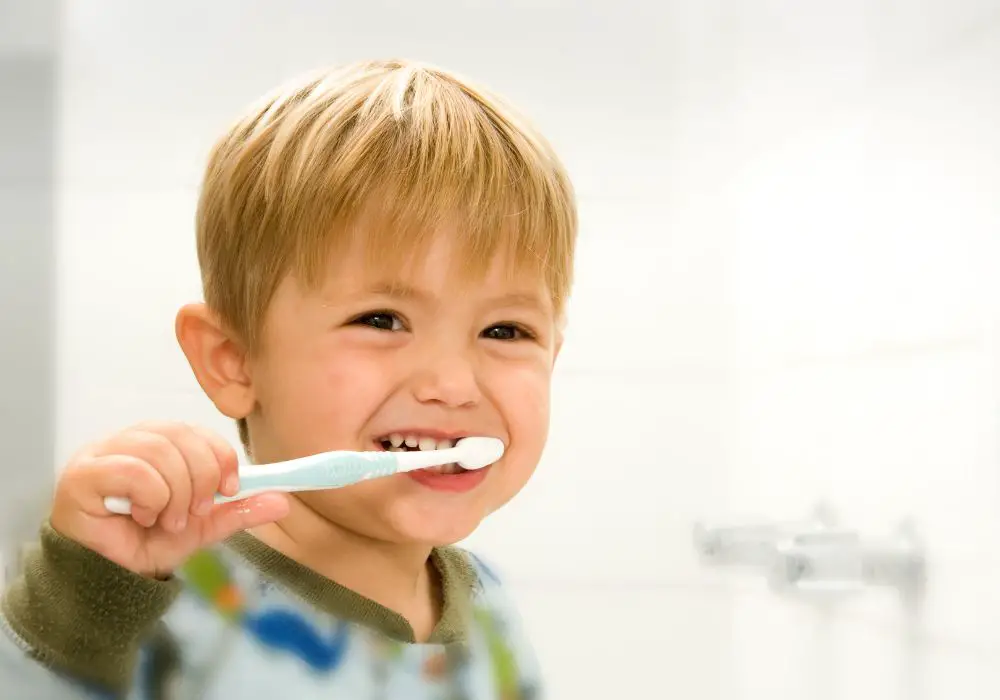
Maintaining good dental hygiene is important for keeping your teeth and gums healthy. Brushing your teeth regularly is a key part of dental hygiene, but you may be wondering how often you should brush your teeth.
Ideal Brushing Schedule
The American Dental Association (ADA) recommends brushing your teeth at least twice a day for two minutes each time. This means you should be brushing your teeth once in the morning and once before bed. However, if you feel the need to brush your teeth more often, you can do so as long as you’re using proper brushing technique.
It’s important to note that brushing your teeth too frequently or too hard can actually damage your teeth and gums. So, if you’re brushing your teeth more than twice a day, make sure you’re not brushing too hard and causing damage.
Proper Brushing Technique
Proper brushing technique is just as important as the frequency of brushing. Here are some tips for proper brushing technique:
- Use a soft-bristled toothbrush to avoid damaging your teeth and gums.
- Hold your toothbrush at a 45-degree angle to your gums.
- Use gentle circular motions to brush the front, back, and top of each tooth.
- Brush your tongue to remove bacteria and freshen your breath.
- Don’t forget to floss daily to remove food particles and plaque from between your teeth.
By following these tips, you can maintain good dental hygiene and keep your teeth and gums healthy. Remember to visit your dentist regularly for checkups and cleanings to ensure optimal dental health.
Role of Diet in Dental Health
Maintaining good dental health involves more than just brushing and flossing regularly. Your diet also plays a crucial role in keeping your teeth and gums healthy. Here are some foods that can help promote oral health and some that you should avoid.
Foods That Promote Oral Health
- Dairy products: Cheese, milk, and yogurt are excellent sources of calcium, which strengthens teeth and bones. They also contain casein, a protein that helps neutralize acid in the mouth.
- Crunchy fruits and vegetables: Apples, carrots, celery, and other crunchy fruits and vegetables help scrub teeth clean and stimulate saliva production, which helps neutralize acid and wash away food particles.
- Leafy greens: Spinach, kale, and other leafy greens are rich in calcium and other nutrients that promote healthy teeth and gums.
- Nuts and seeds: Almonds, cashews, and other nuts and seeds are good sources of calcium and other minerals that help strengthen teeth.
Foods to Avoid for Optimal Dental Health
- Sugary foods and drinks: Candy, soda, and other sugary foods and drinks can lead to tooth decay and other dental problems. Bacteria in the mouth feed on sugar and produce acid that erodes tooth enamel.
- Acidic foods and drinks: Citrus fruits, tomatoes, and other acidic foods and drinks can erode tooth enamel over time, making teeth more susceptible to decay and sensitivity.
- Starchy foods: Bread, pasta, and other starchy foods can get stuck in between teeth and feed bacteria in the mouth, leading to plaque buildup and tooth decay.
By incorporating more of the foods that promote oral health and avoiding those that are harmful, you can help keep your teeth and gums healthy and strong. Remember to brush and floss regularly and visit your dentist for regular checkups and cleanings.
Alternatives to Frequent Brushing
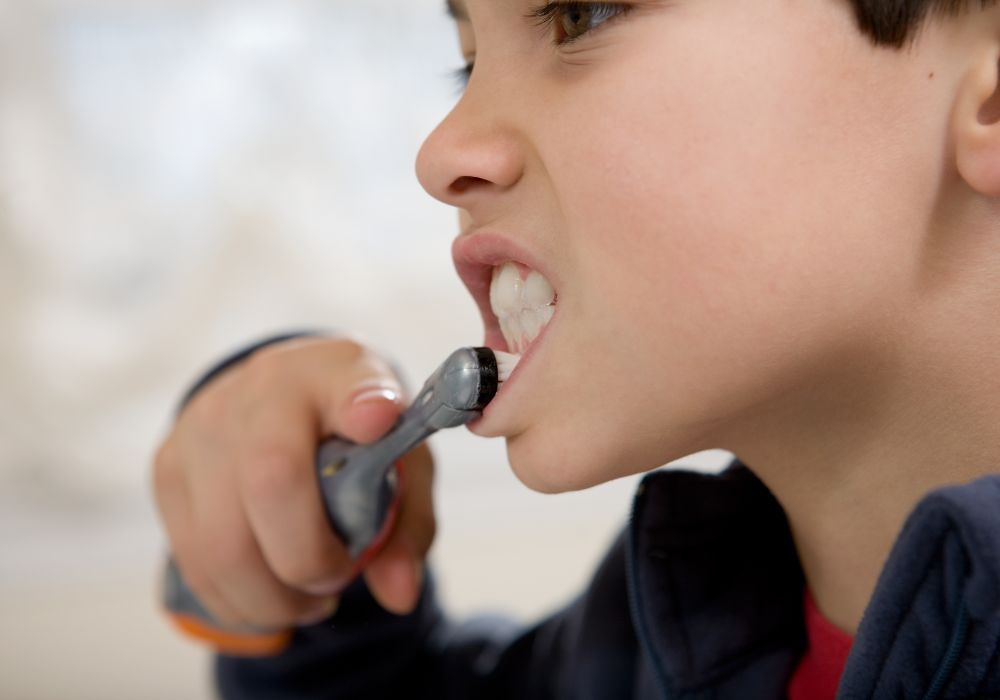
If you are worried about brushing your teeth too frequently, there are a few alternatives you can try. Here are two options that may help you maintain good oral hygiene without brushing your teeth every 5 hours.
Using Mouthwash
Mouthwash can be a great alternative to brushing your teeth every 5 hours. It can help kill bacteria in your mouth and freshen your breath. However, it’s important to note that mouthwash should not be used as a substitute for brushing your teeth. It’s more of a supplement to your oral hygiene routine.
When using mouthwash, make sure to follow the instructions on the label. Generally, you should swish the mouthwash around in your mouth for about 30 seconds and then spit it out. It’s also important to choose a mouthwash that contains fluoride, which can help strengthen your teeth.
Chewing Sugar-Free Gum
Chewing sugar-free gum can also be a good alternative to brushing your teeth every 5 hours. When you chew gum, it stimulates the production of saliva, which helps wash away bacteria in your mouth. It can also help freshen your breath.
Make sure to choose a sugar-free gum, as sugary gum can actually contribute to tooth decay. Look for gum that contains xylitol, which is a natural sweetener that can actually help prevent cavities.
Keep in mind that chewing gum should not be used as a substitute for brushing your teeth. It’s more of a temporary solution when you can’t brush your teeth right away.
Overall, while there are alternatives to brushing your teeth every 5 hours, it’s still important to maintain a good oral hygiene routine. Brushing your teeth twice a day, flossing daily, and visiting your dentist regularly are all important steps to keeping your teeth and gums healthy.
Frequently Asked Questions
When is the best time to brush your teeth?
The best time to brush your teeth is after meals, especially after eating sugary or acidic foods. It is also recommended to brush your teeth before bed to remove any food particles that may have accumulated throughout the day.
How many times a day should you brush your teeth?
The American Dental Association recommends brushing your teeth twice a day for at least two minutes each time. This helps to remove plaque and prevent tooth decay.
How long should you brush your teeth?
It is recommended to brush your teeth for at least two minutes each time you brush. This ensures that you have enough time to thoroughly clean all surfaces of your teeth.
Is it okay to brush your teeth multiple times a day?
Yes, it is okay to brush your teeth multiple times a day. However, it is important to avoid brushing your teeth too aggressively as this can damage your tooth enamel.
What are the consequences of brushing your teeth too often?
Brushing your teeth too often can lead to tooth sensitivity and gum recession. It is important to brush your teeth regularly, but not excessively.
What is the recommended time between brushing your teeth?
It is recommended to brush your teeth at least twice a day, with a minimum of 12 hours between brushing sessions. This ensures that your teeth have enough time to recover from the effects of brushing.



